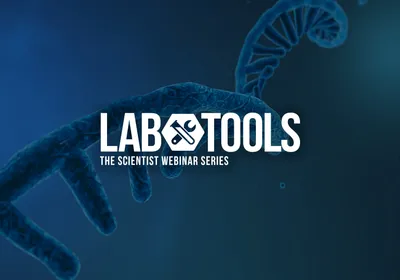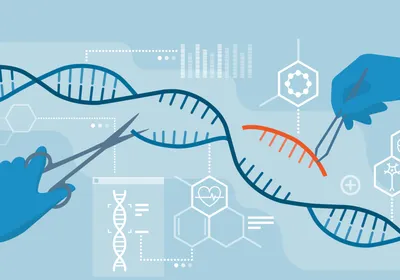ABOVE: © ISTOCK.COM, ANTONIOKHR
The failure of drugs that seemed promising in laboratory tests to prove themselves in human testing is an all-too-common occurrence, dashing hopes and costing billions of dollars. The reasons for a particular drug’s flop are often mysterious, but a study published yesterday (September 11) in Science Translational Medicine finds that one cause may be misidentifying the protein targeted by a therapy.
“It’s hard enough to develop drugs when you know their mechanism of action,” cancer researcher William Kaelin of the Dana-Farber Cancer Institute in Boston tells Nature. “It’s really difficult when you don’t know the mechanism of action.” Kaelin was not involved in the study.
The project began when researchers, led by Jason Sheltzer of Cold Spring Harbor Laboratory, used the gene-editing technique CRISPR to disable the gene for a protein called MELK in cultured cancer cells. MELK was thought to be essential to the cells’ ...






















